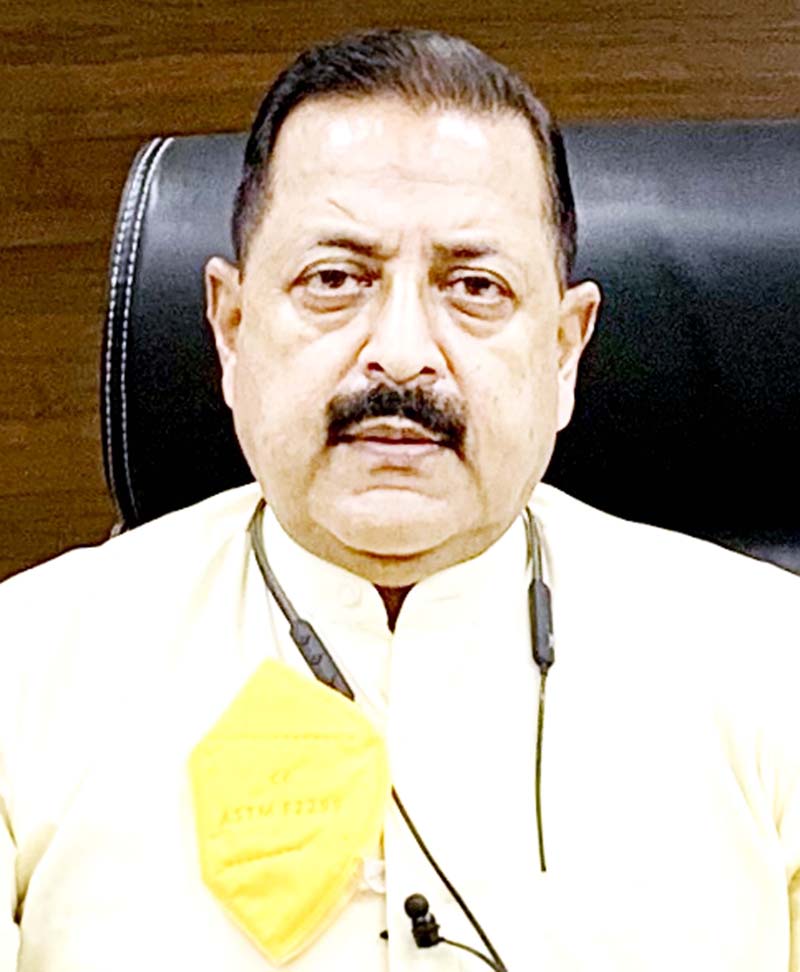Excelsior Correspondent
NEW DELHI, Sept 17 : Union Minister of State (Independent Charge) Development of North Eastern Region (DoNER), MoS PMO, Personnel, Public Grievances, Pensions, Atomic Energy and Space, Dr Jitendra Singh said today that private players will now be able to use ISRO facility in the form of infrastructure through the newly created Indian National Space,Promotion & Authorization Centre (INSPACe).
In a written reply to a question in Rajya Sabha, Dr Jitendra Singh elaborated that the Government has created Indian National Space, Promotion & Authorization Centre (INSPACe) under the Department of Space to encourage, promote and hand hold the private sector for their participation in the Space Sector. Private players will also be able to use ISRO infrastructure through INSPACe, he stated.
The Minister further stated that the decision of the Government was conveyed to the members of the scientific community elaborately, and the scientific community welcomed the Government decision.
The role of New Space India Limited (NSIL) in the post reformed space sector would be to build launch vehicles, provide launch services, build satellites, provide space based services, technology transfers, etc. He said, there are more than 500 companies that partner with ISRO in carrying out space activities. The broad areas and sectors covered by private companies are- providing materials, mechanical fabrication, electronic fabrication, system development, integration, etc stated the Minister in his written reply.
In another question regarding involvement of private initiative in space exploration, Dr Jitendra Singh said that Government would allow them to utilize those infrastructures of ISRO which are otherwise not available elsewhere in India and there will be reasonable charges for utilization of Government infrastructure which will be varying depending on the requirement.
In reply to yet another question, Dr Jitendra Singh informed the Rajya Sabha that there are 32 earth observation sensors with advanced capabilities, currently in orbit, providing space based information. Five earth observation satellites and five communication payloads were realized since January, 2018. Information support was provided for all the major disaster events viz. floods, cyclones and forest fires occurred since January 2020.
Trending Now
E-Paper


